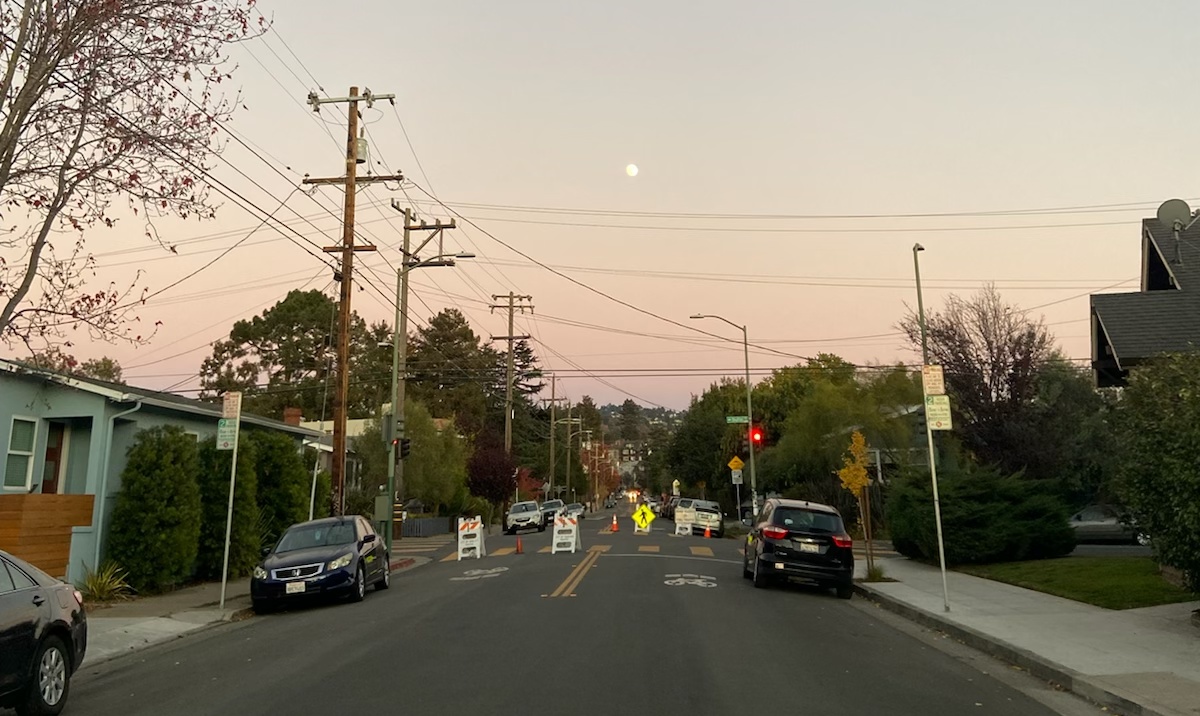Under the imperative of climate change mitigation, cities and states are increasingly calling for the electrification of energy demand, including transport, industry and homes. Yet, with economic, racial and spatial inequities deeply embedded in cities, the clean energy transition will not benefit everyone equally, unless we systematically create opportunities for vulnerable communities to meaningfully participate in these changes. Using the East Bay as a case study, I explore how everyday energy users could be affected by the intensification of electric demand and fuel switching in homes (from natural gas to all-electric buildings). Liaising with local partners, I have been conducting interviews with residents to understand how they cope with or attend to, issues of unreliability and cost of their energy services under varying socioeconomic conditions, as well as whether they envision and how they articulate the possibility of transitioning to other forms of energy services. This work centers residents’ experiences of and adaptation to changes in their energy practices in order to better understand socioeconomic, cultural and behavioral challenges to home decarbonization, and capture the equity implications of electricity-dominated transition pathways.

